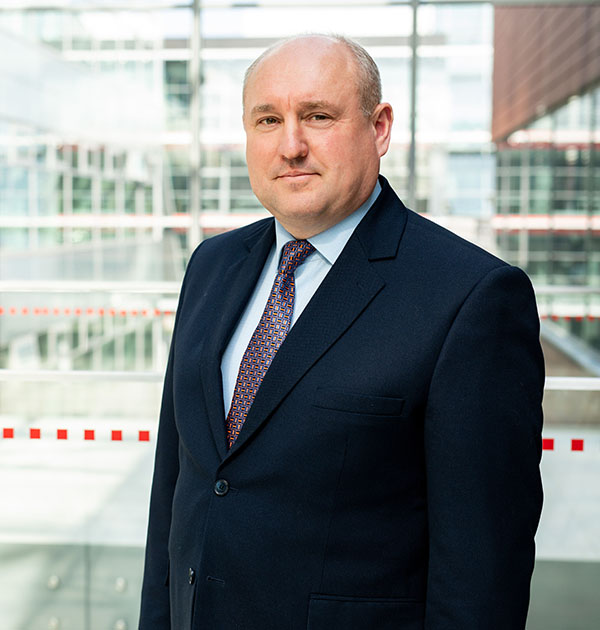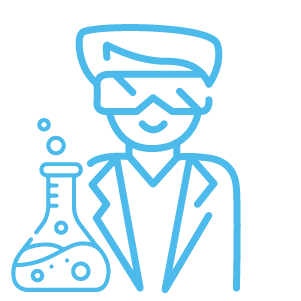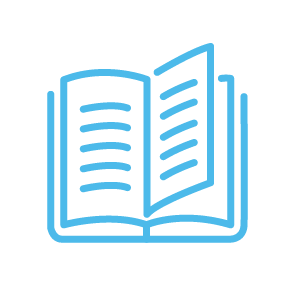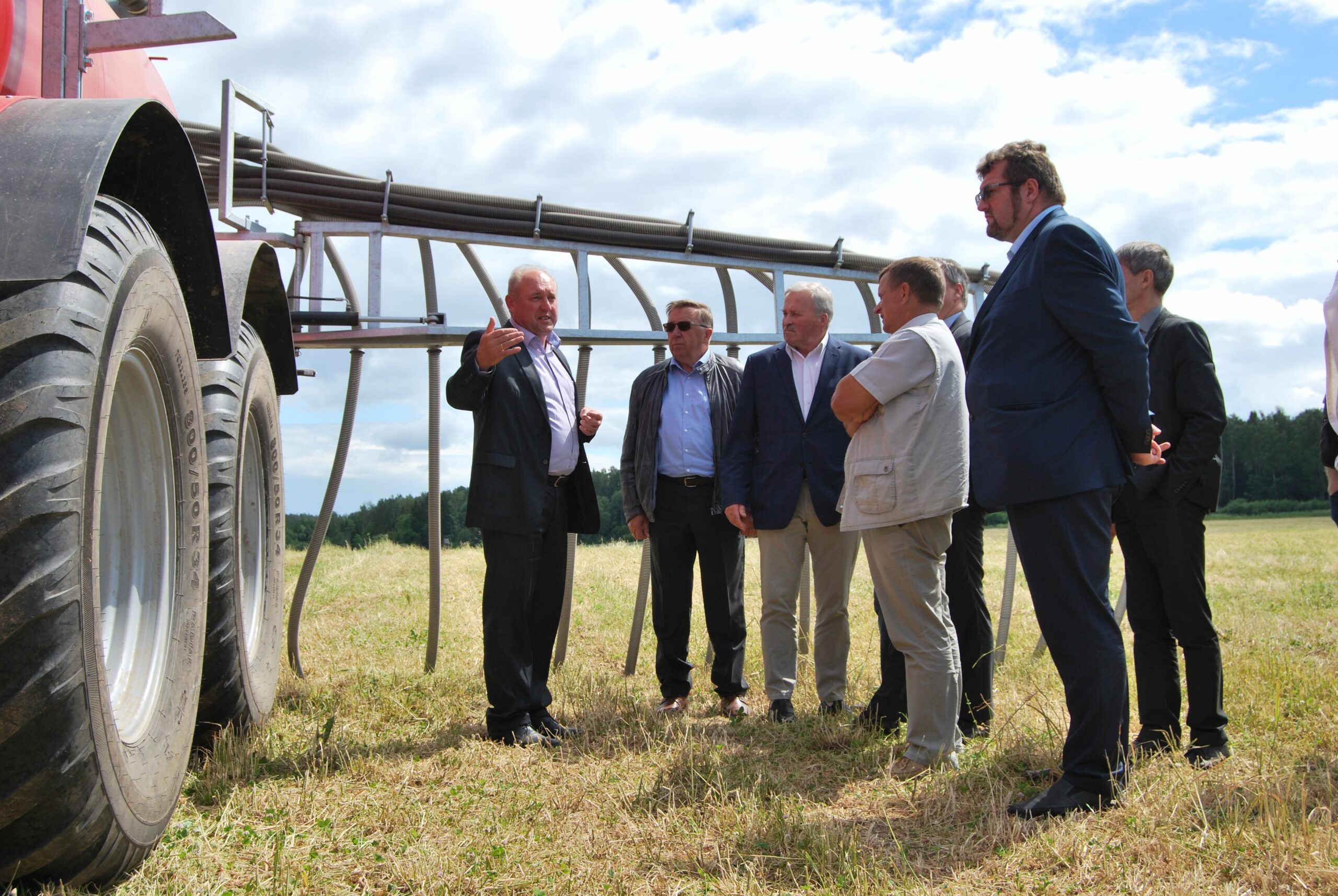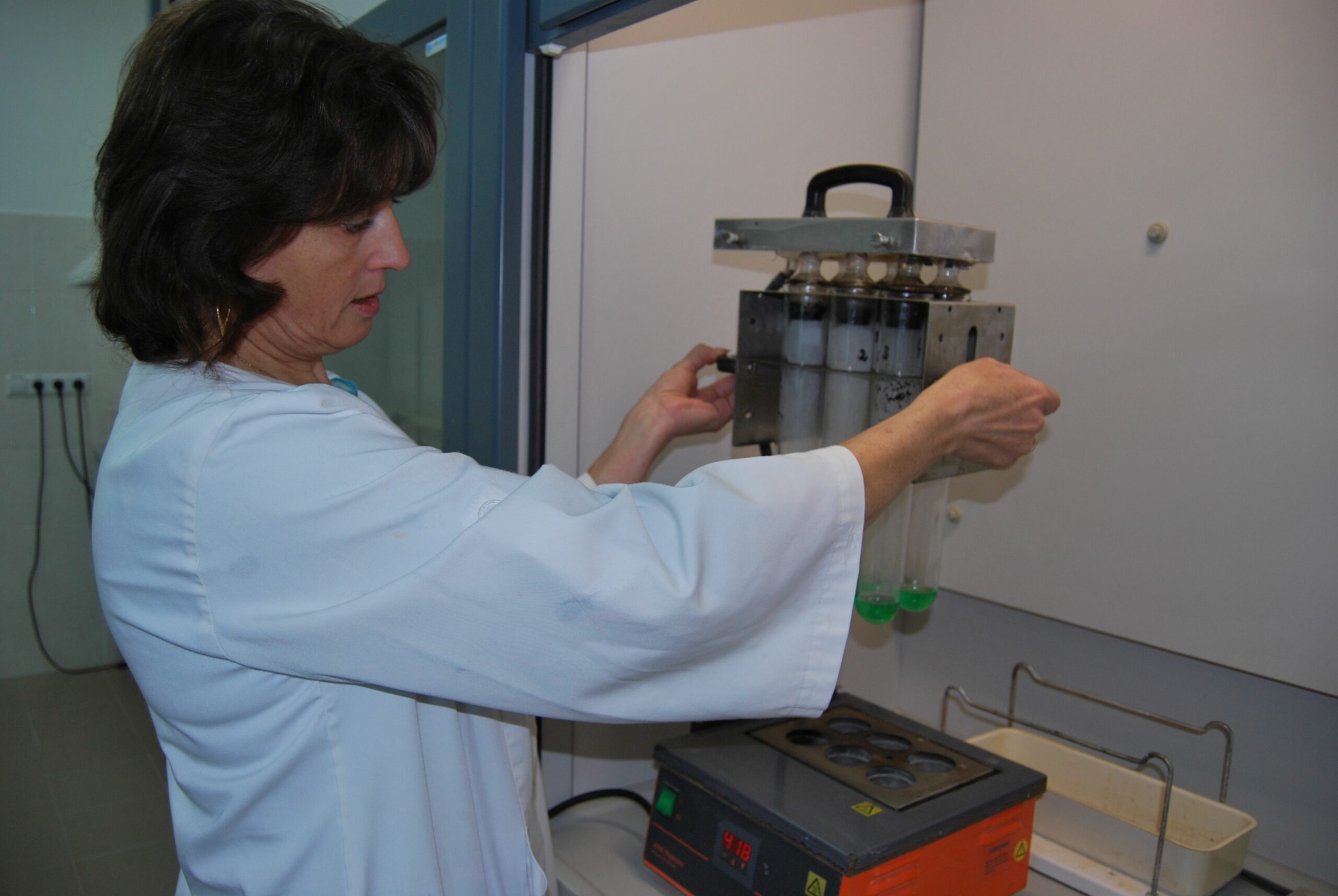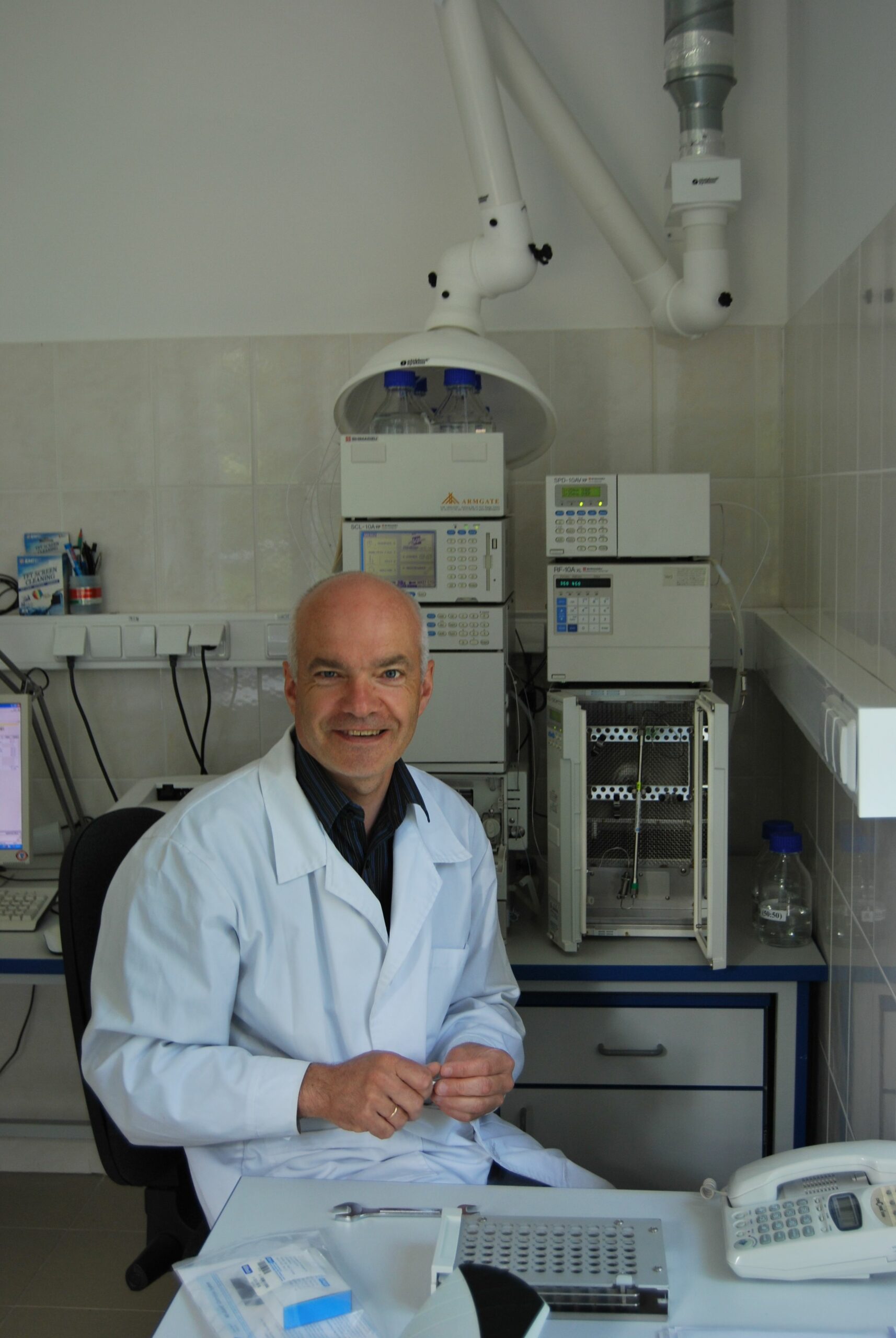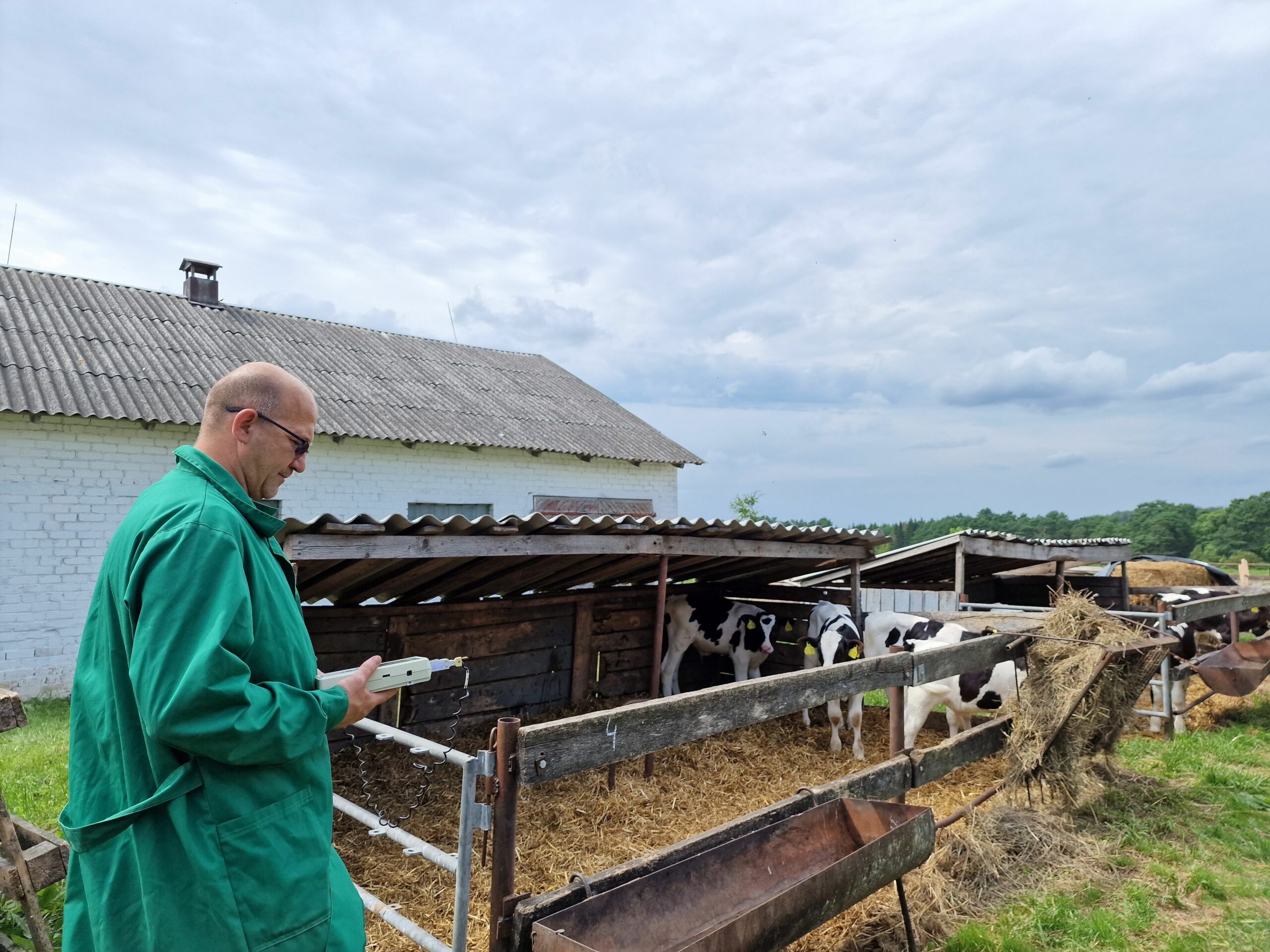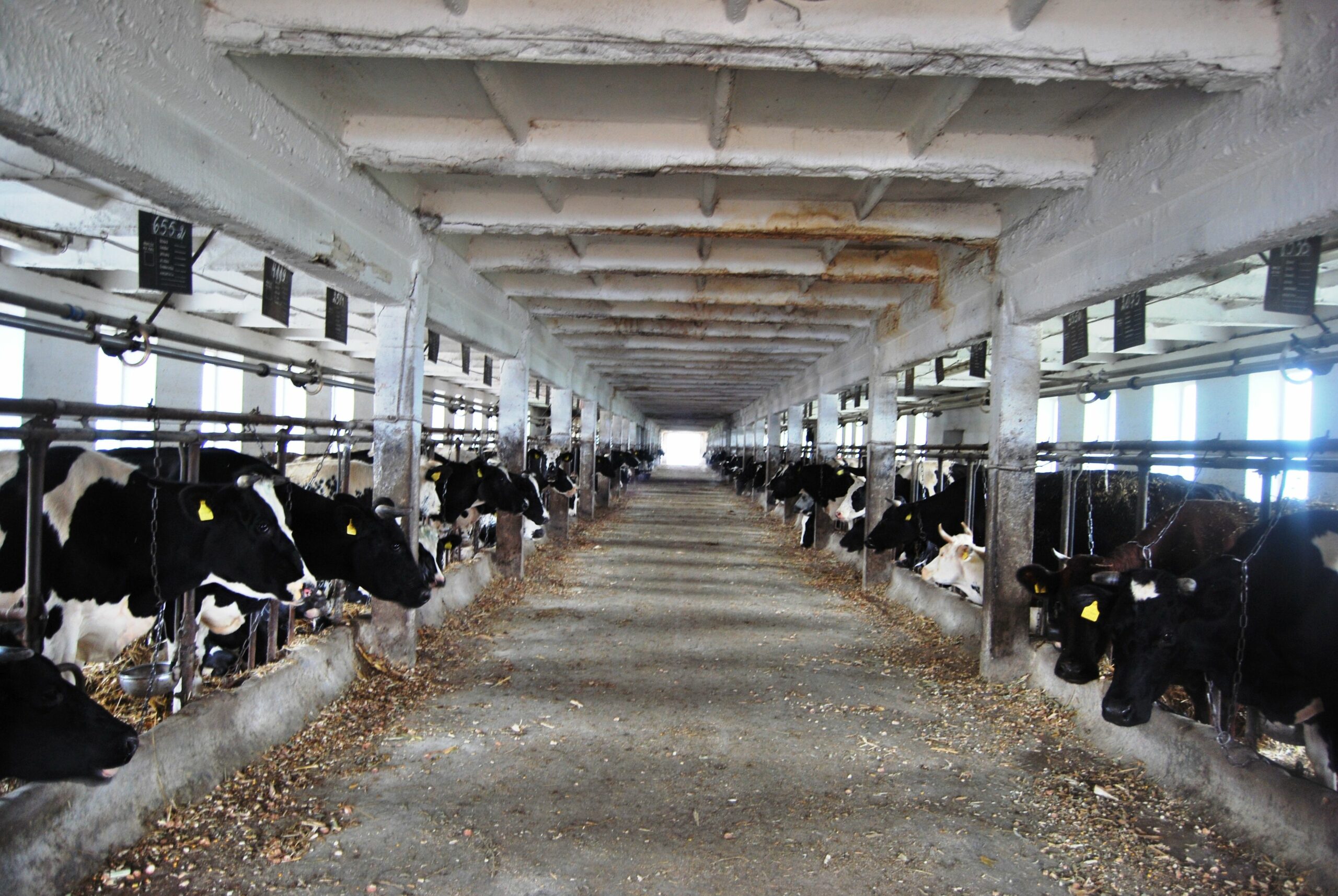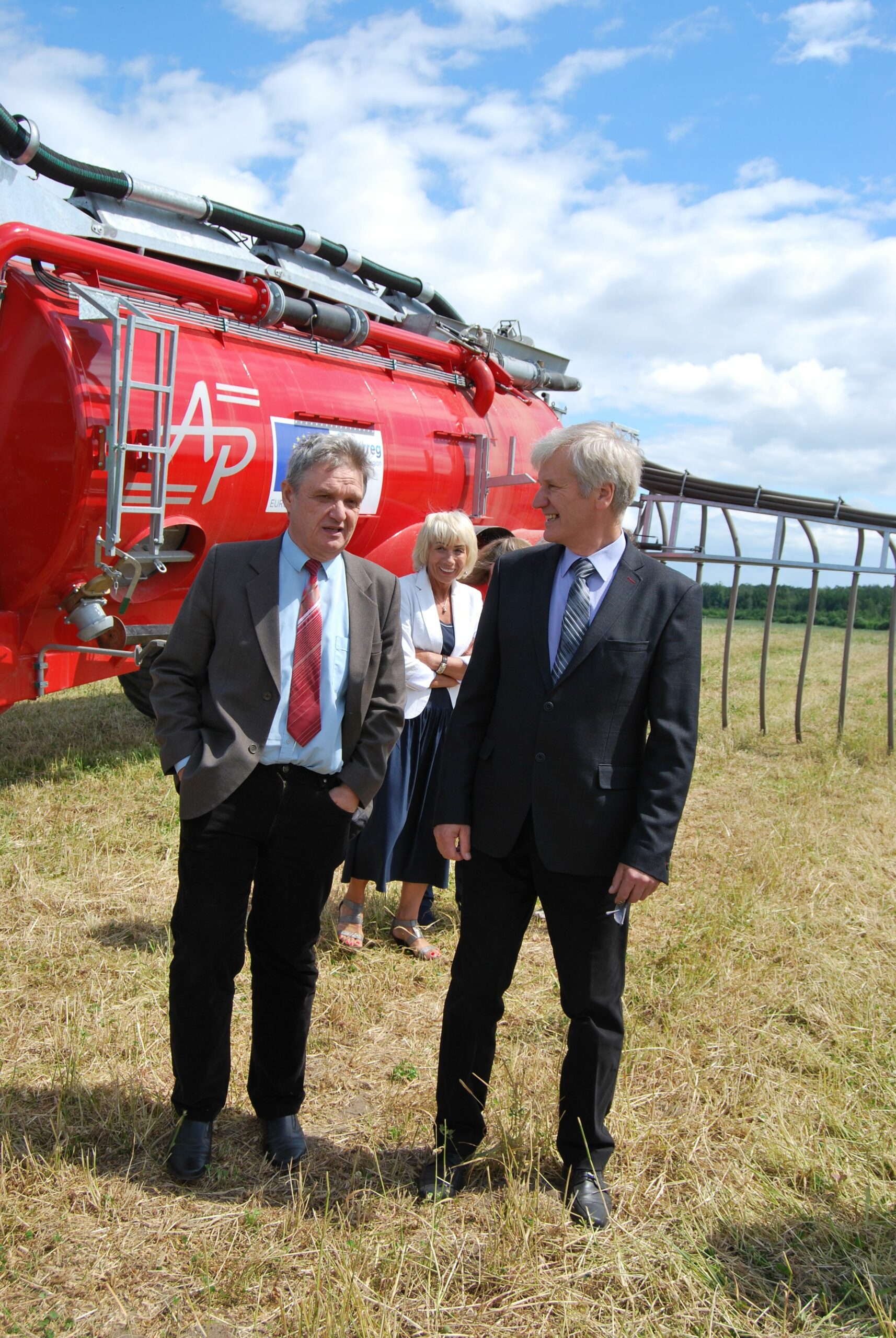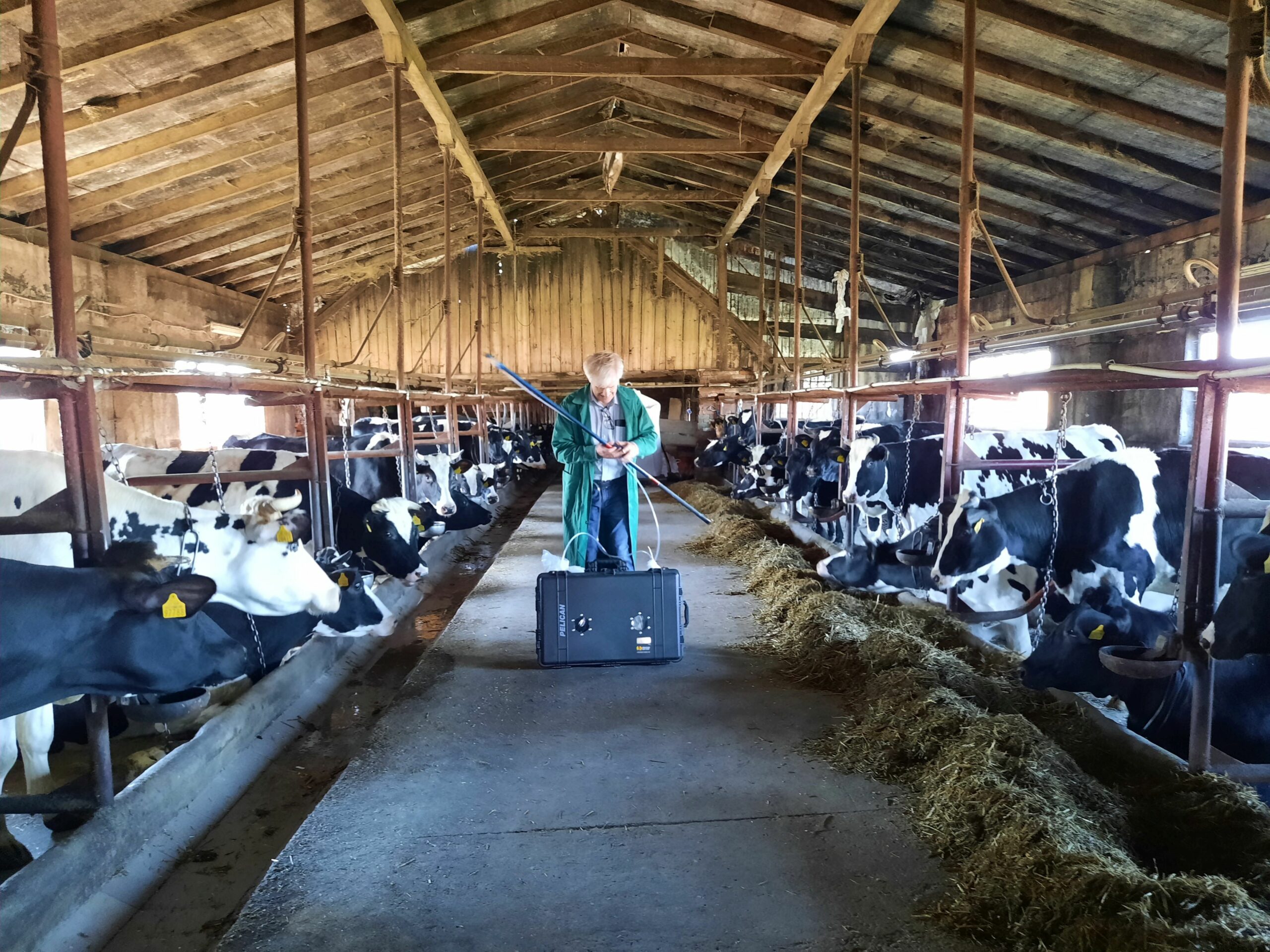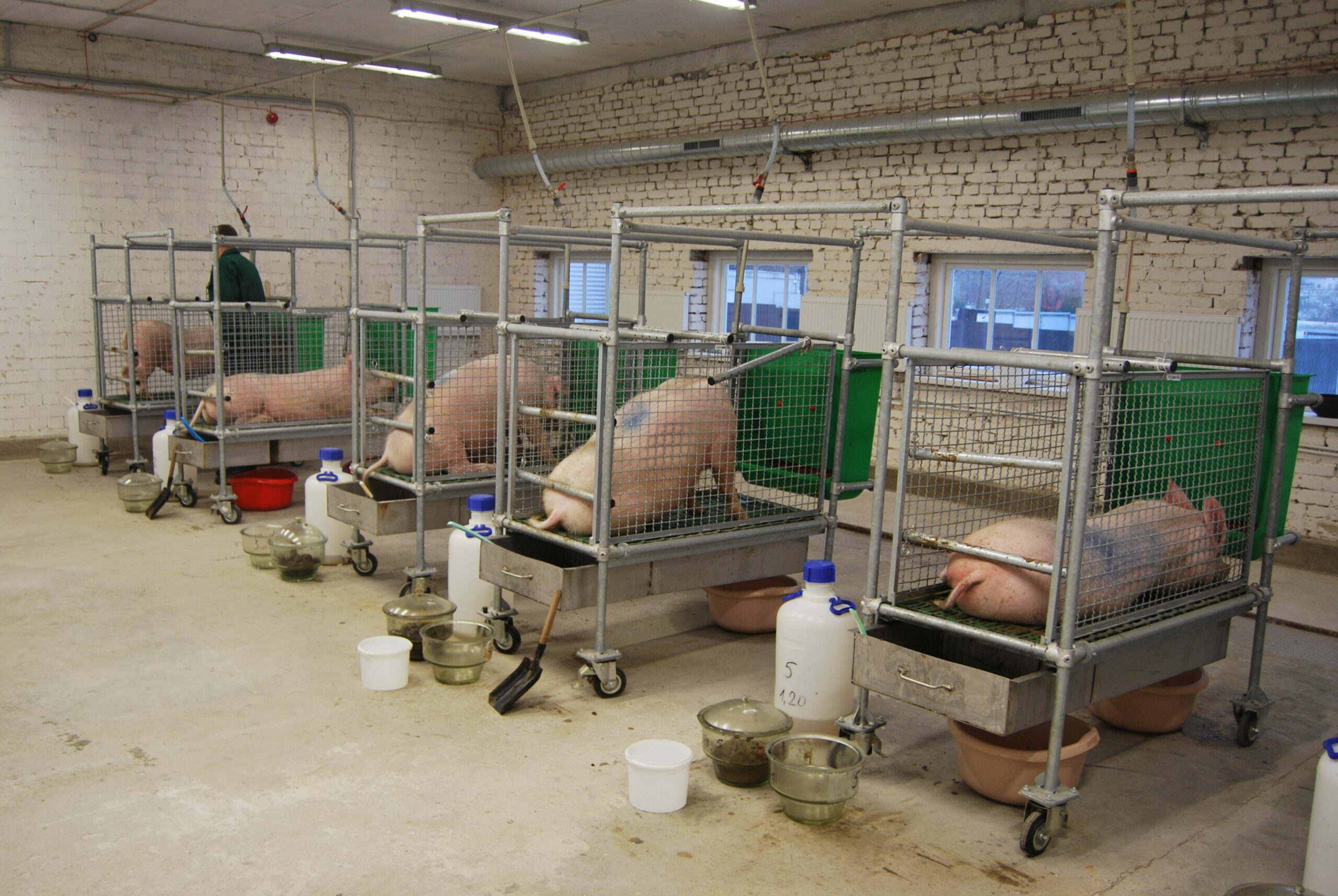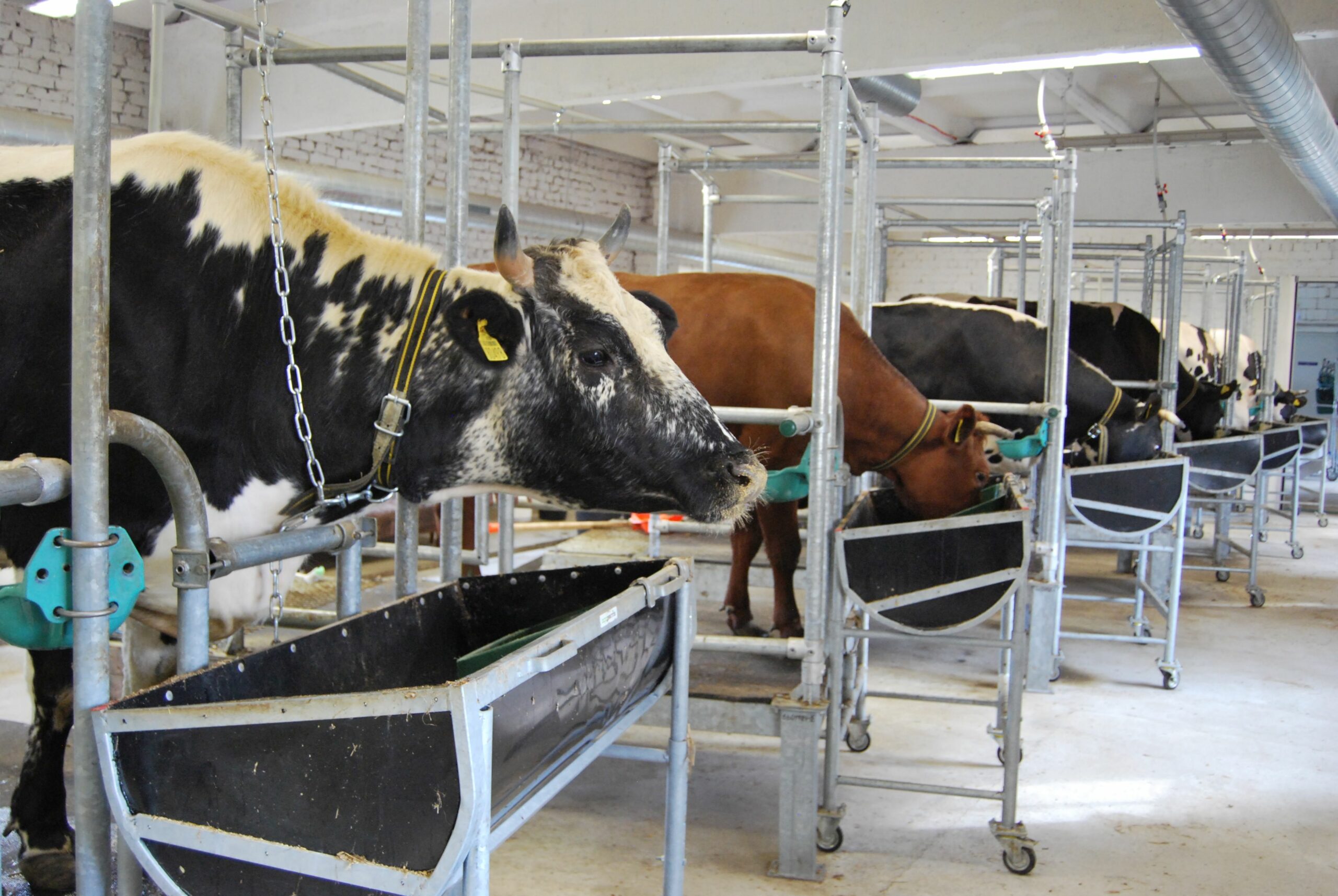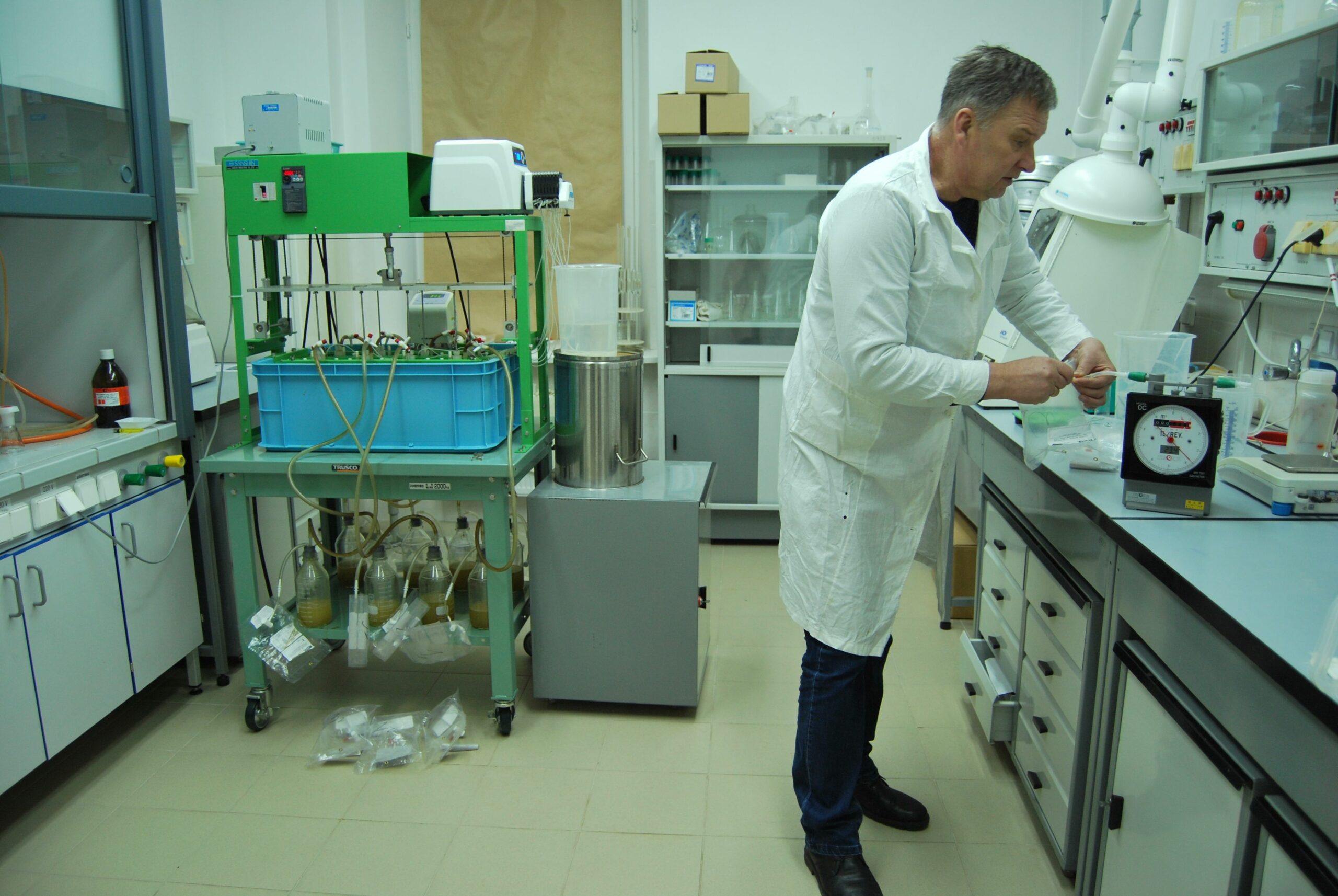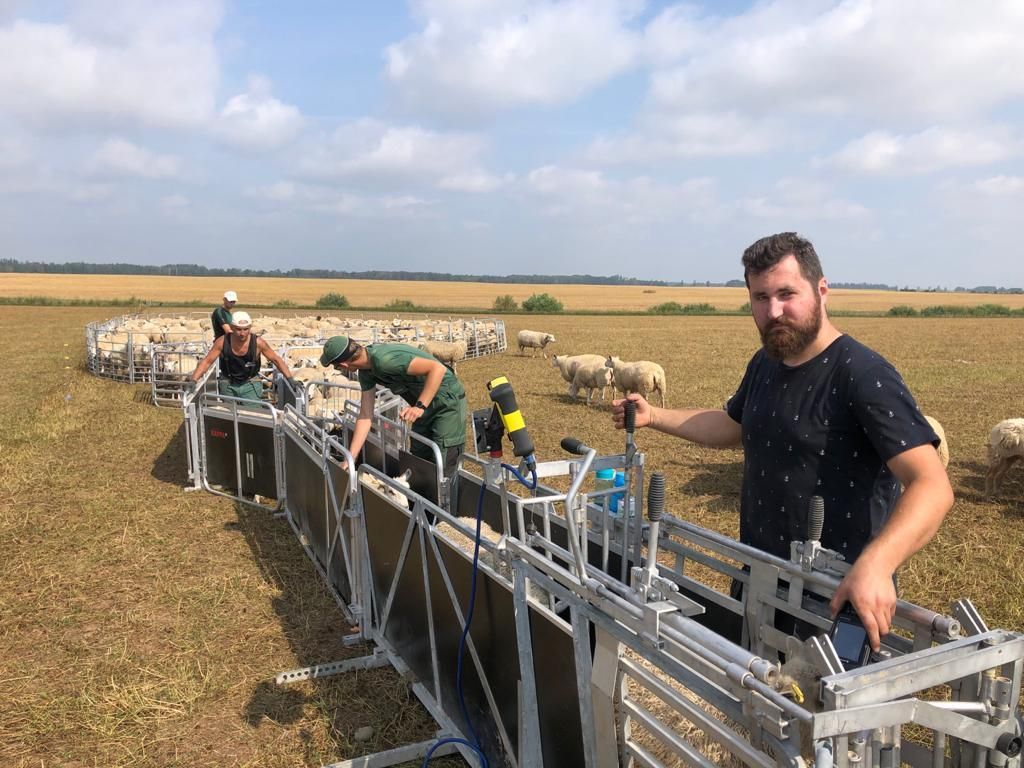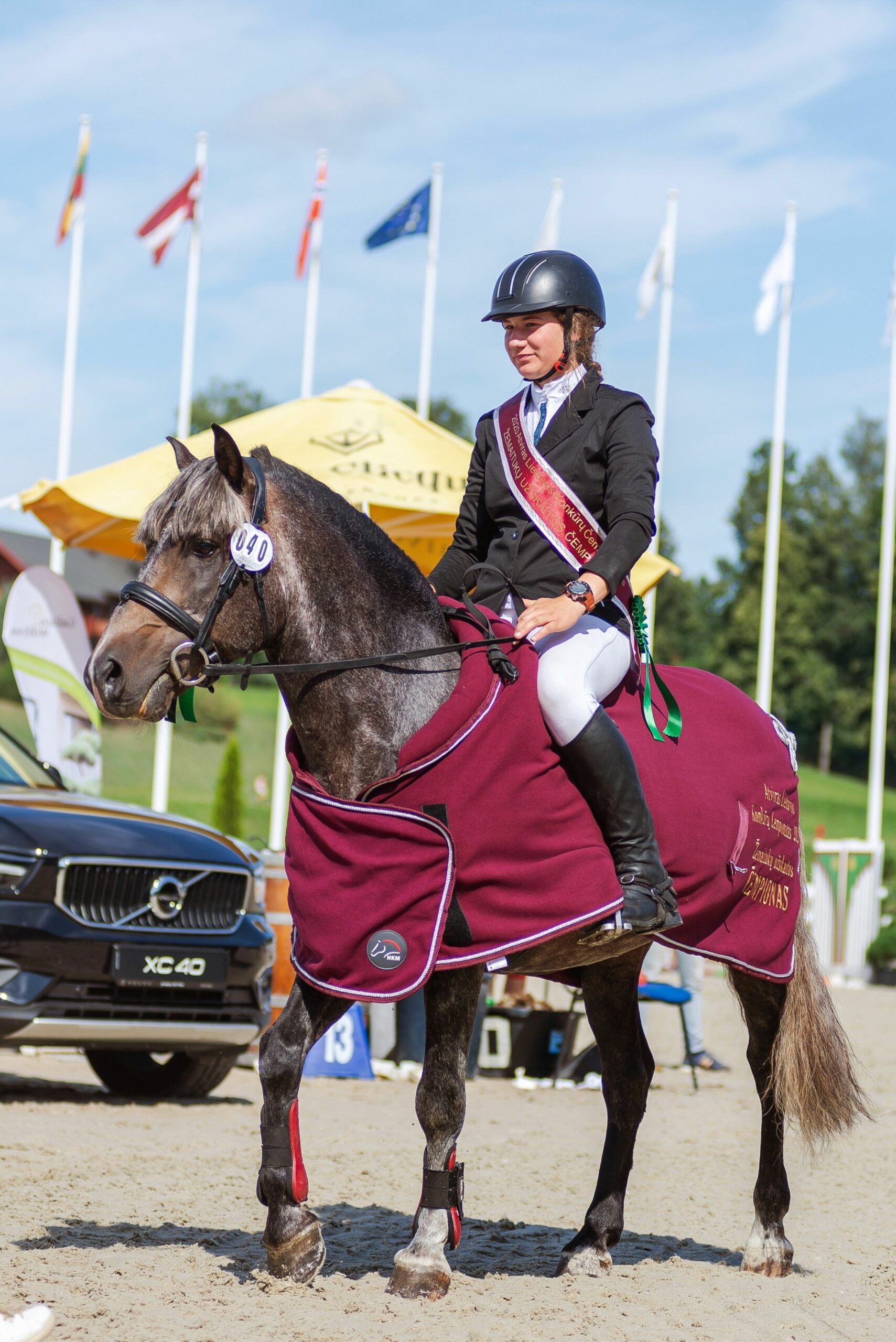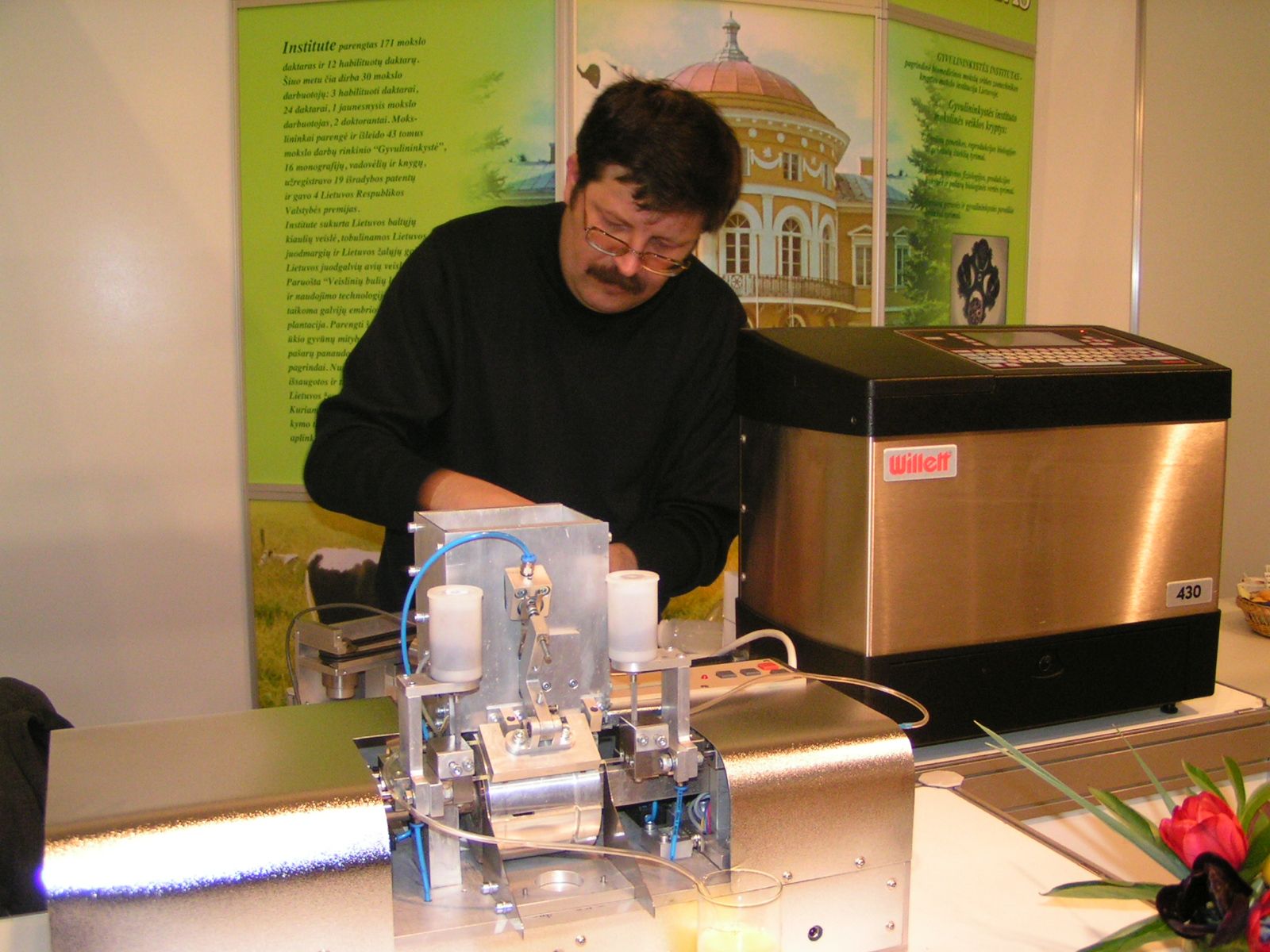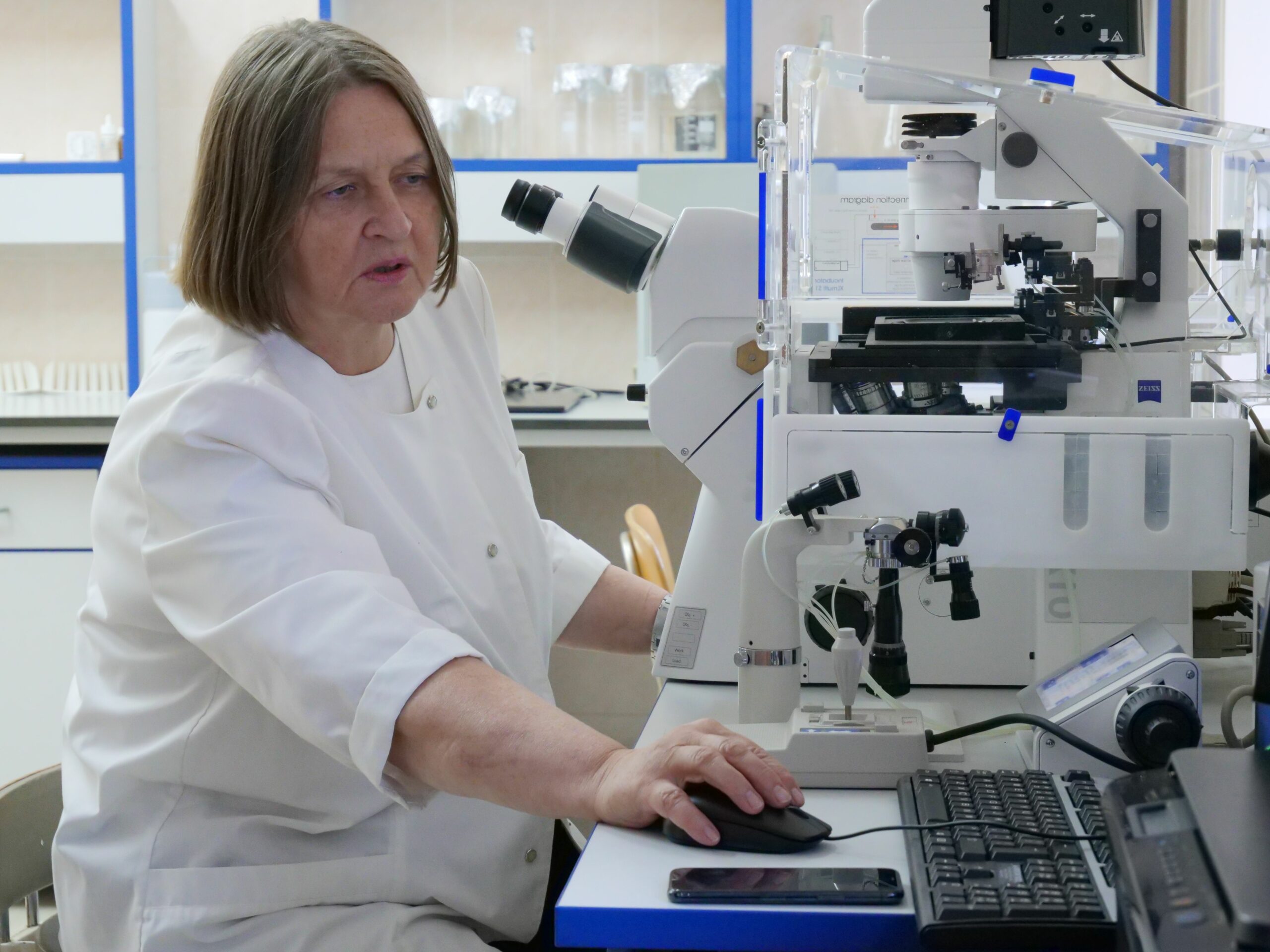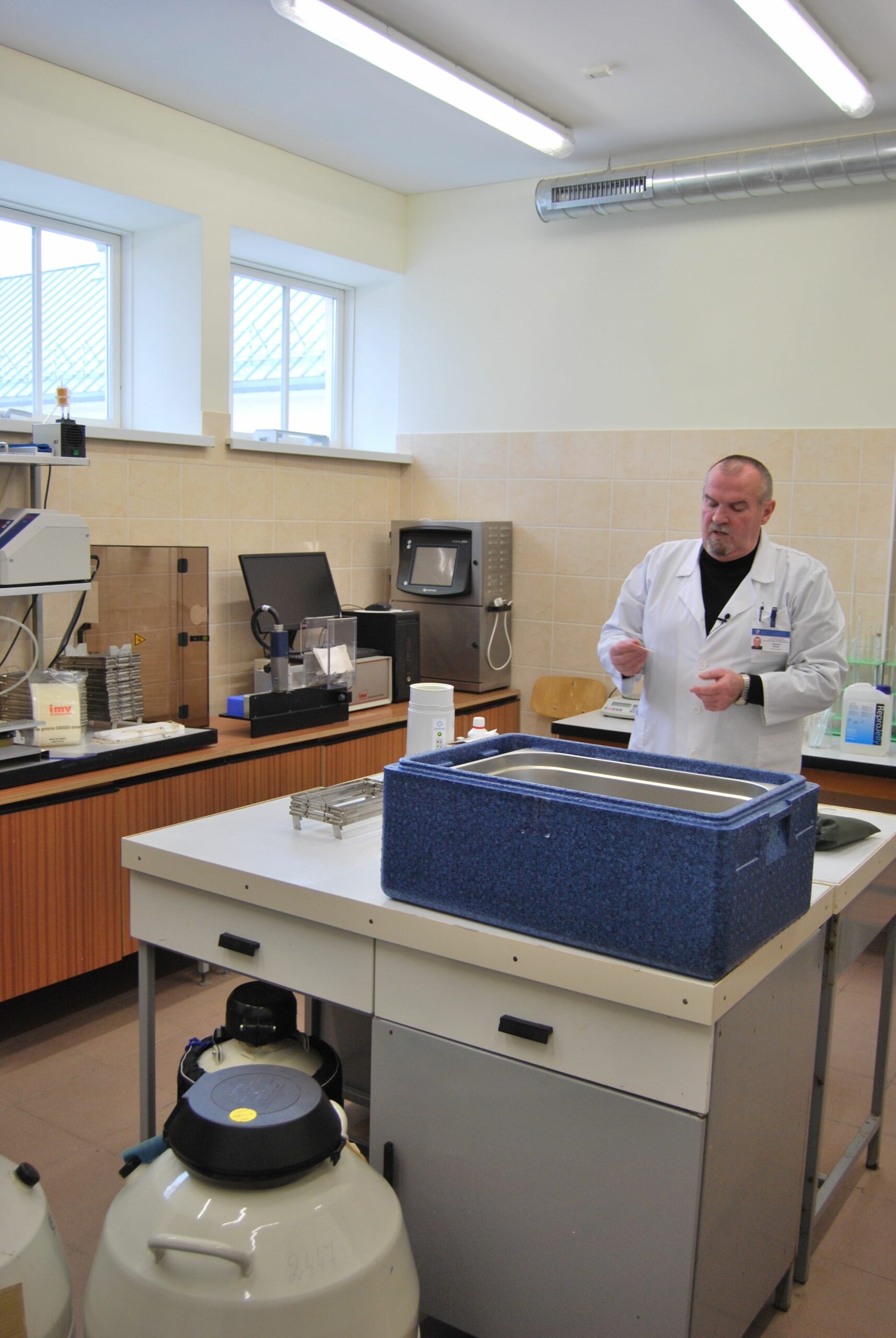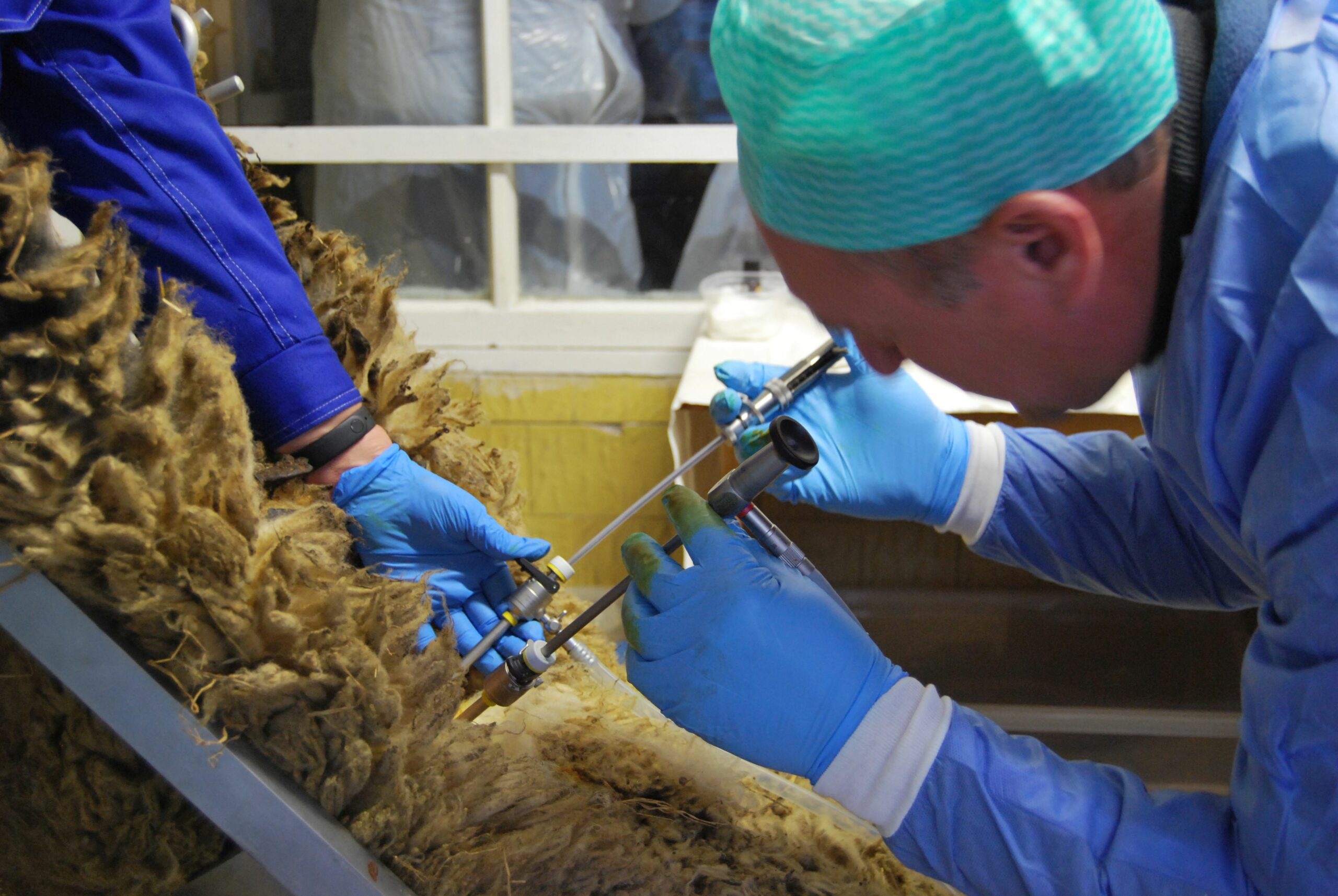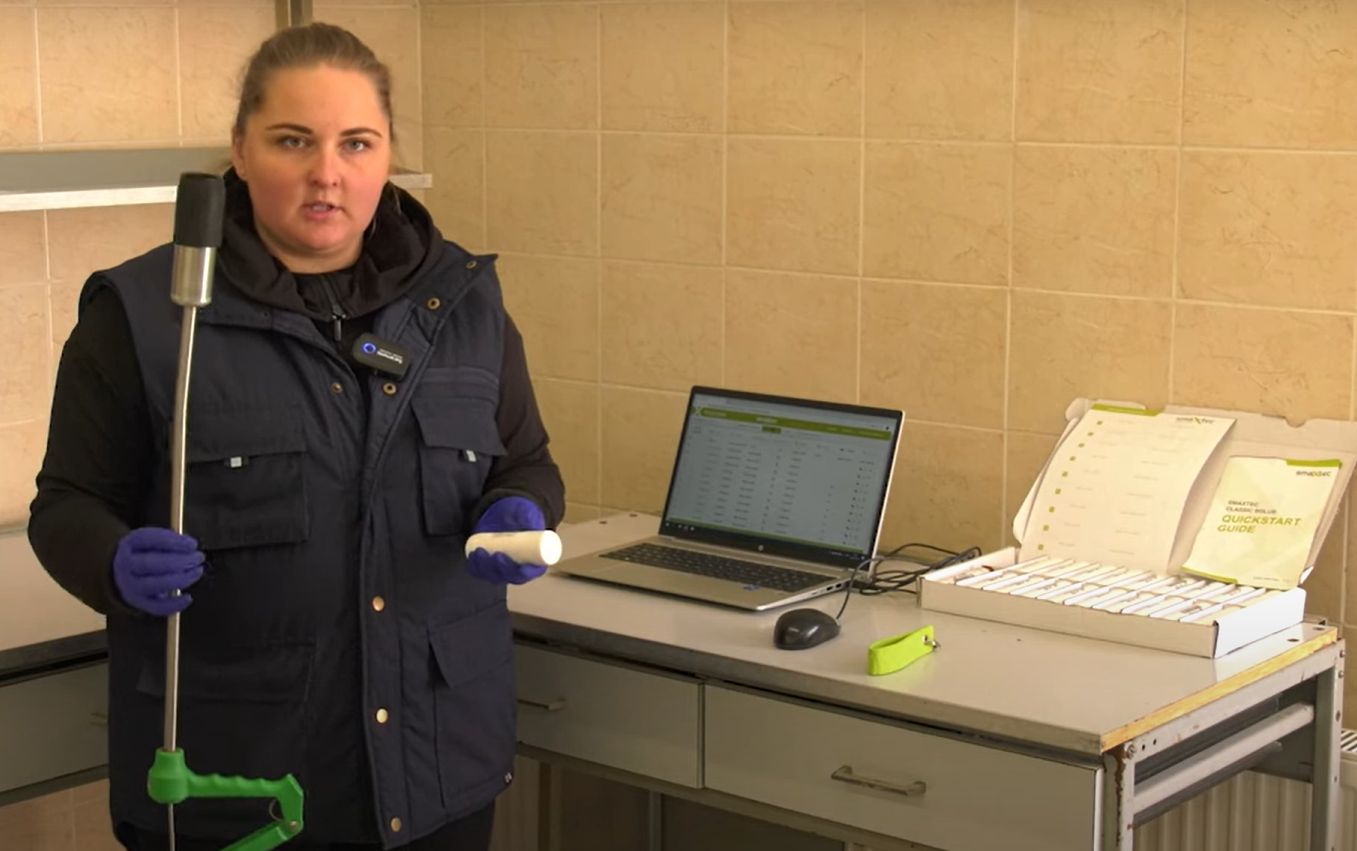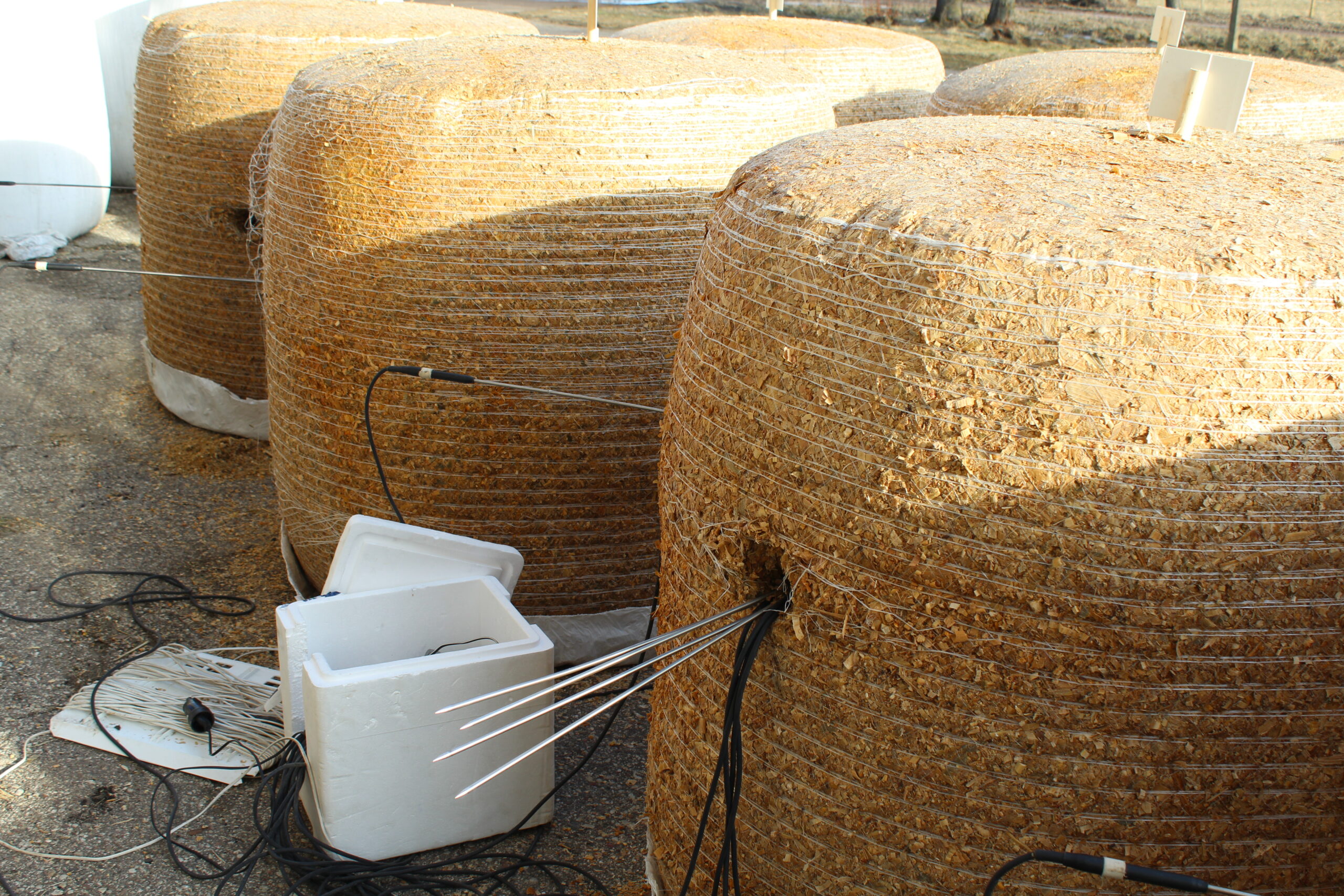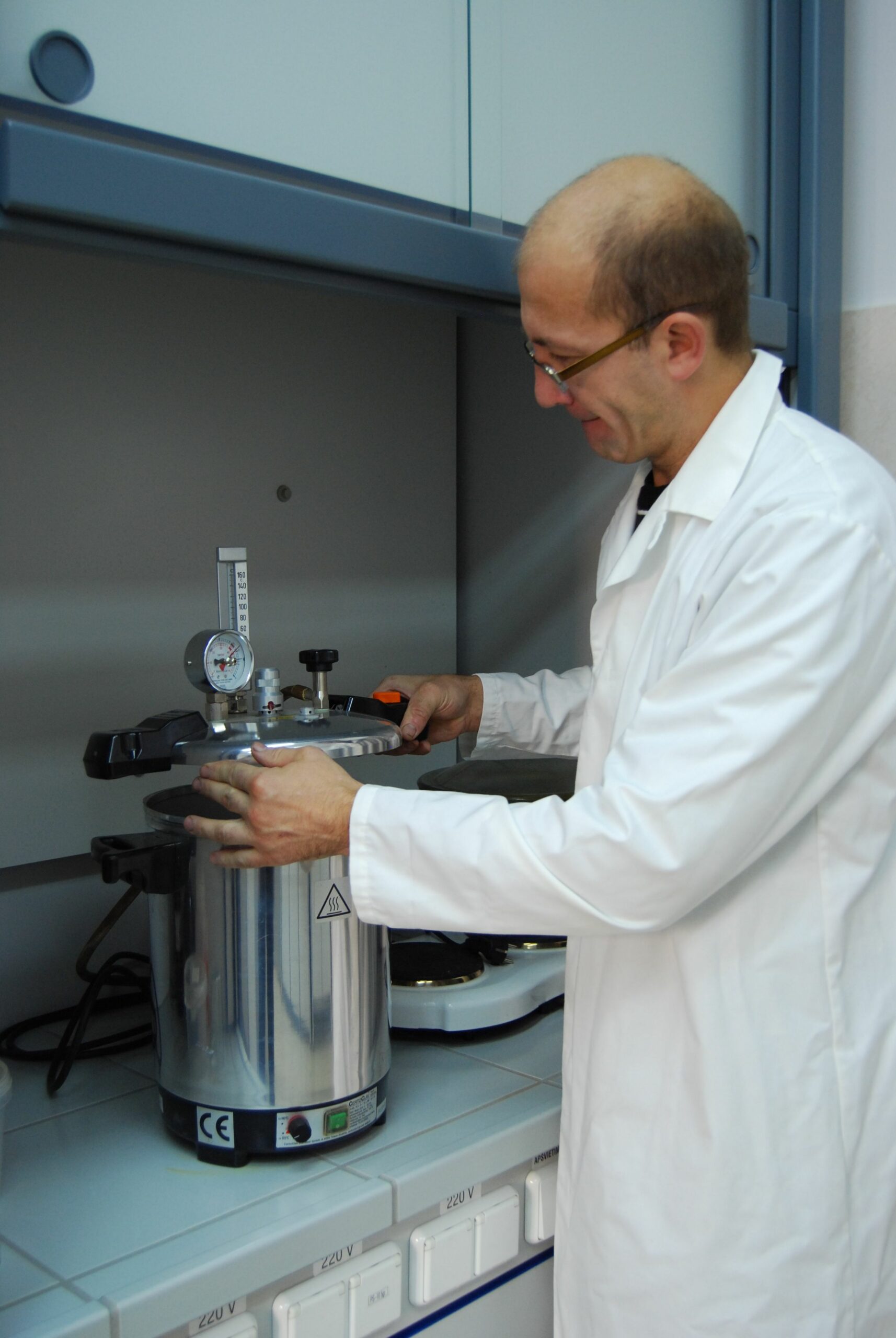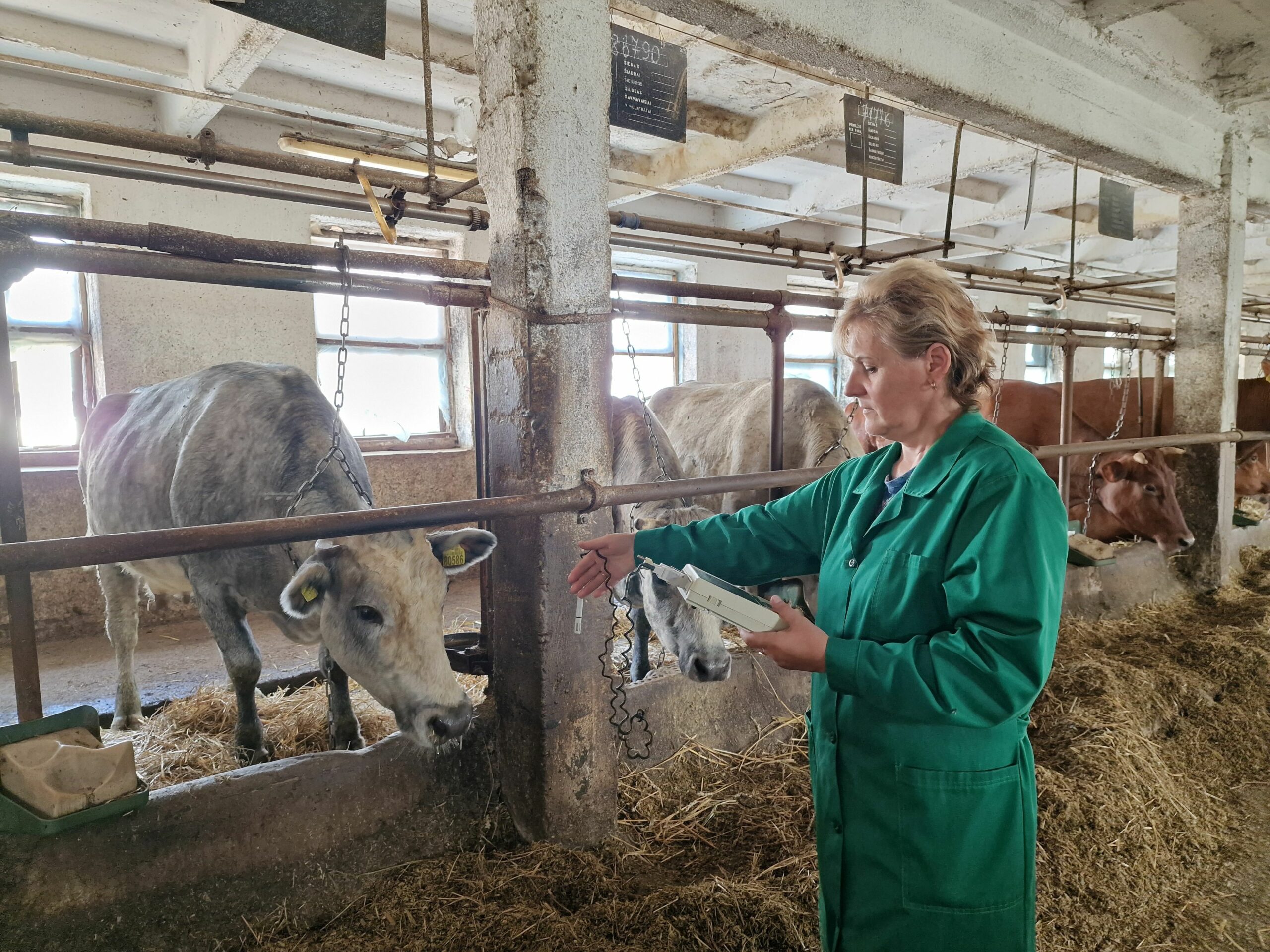
Institute of Animal Science
The Animal Science Institute of Lithuanian University of Health Sciences was established for the fundamental and applied research in animal science on international and national level in the field of agricultural sciences. The Institute develops innovations on experimental basis in order to provide competitiveness and sustainability of animal production, participates in training of the specialists of the highest qualifications, preserves and upholds national farm animal breeds and the biodiversity of genetic resources.
RESEARCH ACTIVITY
The main research activities of the Institute are the studies on animal breeding, biology of reproduction and genetic resources; the studies on animal nutrition and production quality; the studies on animal welfare and environmental issues related with animal production.
In 2021 the scientists of the Animal Science Institute conducted the following strategic LSMU researches in the field of agricultural sciences:
- sustainable animal production technologies;
- safer higher value food;
- animal nutrition chains and growing systems for sustainable animal production.
STUDIES
The scientists of the Animal Science Institute deliver lectures to the students from VA Animal Science and Veterinary faculties (Environment protection on pigs farms; Animal breeding in small populations; Feed production and animal nutrition technologies; Welfare optimization for calves; Housing and caretaking technologies for dairy cows; Basics of genetics in poultry selection), guide B.Sc., M.Sc. students and postgraduate students maintaining doctoral theses, participate in Committee of Animal Science faculty for the approval of graduate student papers.
The scientist of Animal Science Institute lead practice classes for the students of Veterinary faculty and form practical skills for the students of Animal Science faculty.
In collaboration with Veterinary Academy the scientist work out new programmes for doctoral studies and participate in the activities of the Committee for Animal Science doctoral studies and Science Foundation Board.
The projects carried at the order of the Ministry of Agriculture:
- “Evaluation of the selection process of Lithuanian Trakehner horsepopulation with an emphasis on the old genotype”. Project duration from 2017 to 2019. Project coordinator – dr. Rūta Šveistienė.
- “Emission of greenhouse gases during feed production and in the cattle digestive tract”. Project duration from 2019 to 2020. Project coordinator – dr.Virginijus Uchockis.
Projects implemented under the intervention measure “Demonstration projects and information activities” of the Lithuanian Strategic Plan for Agriculture and Rural Development 2023–2027:
- “Technological innovations in poultry production without the use of antibiotics”. No. 23 PA-KK-23-1-05573-PR001. Project duration from 2024 to 2026. Coordinator Dr. Artūras Šiukščius. Project publications: “Bean and lupine seeds in bird feed”.
The project implemented in accordance with the rules for the implementation of sectoral intervention measures in the beekeeping sector of the Lithuanian Agricultural and Rural Development Strategic Plan for 2023–2027:
- “Efficiency of ecological measures for varroa prevention in bees”. Project duration from 1 May 2024 to 15 August 2024. Coordinator habil. dr. Vidmantas Pileckas.
Projects carried out under the Rural Developmental Programme 2014-2020 for Lithuania Action “Support for demonstrative projects and their actualization“:
- “Use of liquid trace elements and their mixtures for the improvement of livestock productivity and production quality”. Project duration from 2017 to 2019. Coordinator – dr. Artūras Šiukščius.
- “Introduction of slurry nitrogen preserving technologies on cattle and pig farms”. Project duration from 2019 to 2021. Coordinator – dr. Artūras Šiukščius.
- “Application of innovative feed components on poultry farms”. Project duration from 2020 to 2022. Coordinator dr. Artūras Šiukščius.
- “Use of trace-element balanced slurry for fertilizing and application to nitrogen preserving technologies on livestock farms”. Project duration from 2020 to 2022. Coordinator dr. Artūras Šiukščius.
Projects carried out under the Rural Developmental Programme 2014-2020 for Lithuania measure “Cooperation” in the scope of “Support for the development of EIP groups and their activities”:
- “The Gateway to innovation”. Project duration from 2015 to 2019. LUHS Animal Science Institute is a project partner. Coordinator dr. Artūras Šiukščius.
- “Improvement of the breeding value and performance of lithuanian dairy and beef cattle populations and sheep flocks by application of innovative biotechnologies”. Project duration from 2017 to 2020. LUHS Animal Science Institute is a project partner. Coordinator dr. Artūras Šiukščius.
- “Introduction of intensive dairy farming systems mitigating GHG emissions”. Project duration from 2017 to 2020. Coordinator dr. Virginijus Uchockis.
- “Application of the innovative reproduction monitoring for the increase of beef cattle farming activities and competitiveness”. Project duration from 2021 to 2023. Coordinator dr. Artūras Šiukščius.
Projects carried out at request of the Ministry of Environment:
- “Improvement of GHG national inventory methods by setting national feed digestibility values in vivo”. Project duration from 2020 to 2022. Coordinator dr. Virginijus Uchockis.
- “Preparation of the National Inventory Report on greenhouse gas emissions in 2018 and expert data analysis in agriculture for the inventory report draft project in 2019”. Project duration in 2018. Coordinator dr. Remigijus Juška.
- “Preparation of the National Inventory Report on greenhouse gas emissions in 2019 and expert data analysis in agriculture for the inventory report draft project in 2020”. Project duration in 2019. Coordinator dr. Remigijus Juška.
- “Preparation of the National Inventory Report on greenhouse gas emissions in 2020 and expert data analysis in agriculture for the inventory report draft project in 2021”. Project duration in 2020. Coordinator dr. Remigijus Juška.
- “Preparation of the National Inventory Report on greenhouse gas emissions in 2021 and expert data analysis in agriculture for the inventory report draft project in 2022”. Project duration in 2021. Coordinator dr. Remigijus Juška.
- “Preparation of the National Inventory Report on greenhouse gas emissions in 2022 and expert data analysis in agriculture for the inventory report draft project in 2023”. Project duration in 2022. Coordinator dr. Remigijus Juška.
- HORIZON 2020 “Diversity of local pig breeds and production systems for high quality traditional products and sustainable pork chains”. The objective of the project is to investigte the diversity of local pig breeds, their performance and production quality in order to provide consumers with high quality pork products distinguished by their regional identity and meeting the social and economic needs of the public. Project duration from 2015 to 2019. National coordinator dr. Violeta Razmaitė.
- “Baltic Slurry Acidification“ (Interreg), European Regional Development Fund. The objective of the project is to introduce the latest slurry acidifiction techniques, to demonstrate the benefits of their implementation on farms, to contribute to mitigating ammonia evaporation and eutrofication processes in the Baltic Sea. Project duration from 2016 to 2019. National coordinator dr. Artūras Šiukščius.
- HORIZON 2020 Era-Net SusAn project REDIVERSE “Biodiversity within and between European Red Dairy breeds”. The objective of the project – identification, usage and preservation of the genetic characteristics of unique European Red Dairy breeds and development of economically efficient breeding programs able to secure quick adaptation in versatile environment. Project duration from 2017 to 2021. National coordinator dr. Violeta Juškienė.
- HORIZON 2020 Era-Net SusAn project “European Research Area on Sustainable Animal Production Systems”. The objective of the project-is to increase efficiency and flexibility of animal production systems, integrated management of animal health and welfare, management of the influence of animal production systems on the environment and studies of the social and economic environment of animal production systems. Project duration from 2016 to 2021. National coordinator dr.Violeta Juškienė.
- HORIZON 2020 Era-Net SusAn, FACCE ERA-GAS, ICT AGRI project “Climate Care Cattle Farming Systems” CCCFarming. The aim of the project – to develop climate care cattle farming systems that allow to mitigate the emissions of GHG and ammonia and to maintain socially and economically sustainable farms. Project duration from 2017 to 2022. National coordinator dr. Violeta Juškienė.
- ERASMUS + Programme project “Transfer of Good Practices Within Vocational Ttrainings in Scientific Institutions of Agricultural Sector” (VOTRIS). The objective of the project – to introduce the methods applied in different countries for transfer of scientific knowledge and technologies, share good practices, strenghten international cooperation and develop joint initiatives and projects during educational visits in Bulgaria, Czehk Republic, Poland, Lithuania and the Netherlands. Project duration from 2017 to 2019. National coordinator dr. Violeta Juškienė.
- ERASMUS + Programme project “Probiotics in Animal Husbandry”(ProAnim). The aim of project – to strengthen the cooperation between scientific institutions working on the use of probiotics in animal husbandry and to exchange good experience that would allow to strengthen the knowledge, skills and competencies of employers. The project will help to strengthen international institutional cooperation Project duration from 2020 to 2022. National coordinator dr. Violeta Juškienė.
- TEMPUS project “Modernisation of higher education in the area of food quality and safety in Tajikistan“ MFQSE No 544529-TEMPUS-1-2013-1-LV-TEMPUS-JPCR. Project partner, country coordinator – Violeta Juskiene. 2013–2016. 7 partners. The main goal is to support modernization of higher education in the area of food quality and safety in Tajikistan.
COST projects:
- Cost activity CA22112 “European Network on Livestock Phenomics“ EU-LI-PHE. Lithuania’s representative in the Management Committee – dr. Violeta Razmaite. 2023–2027. Representatives of 35 countries participate in the Management Committee. The main aim and objective of the Action is to foster the development, integration, organisation and practical implementation of technologies, tools, methods, approaches, models, expertise and resources useful to scan and interpret the animal phenome to paving the way for novel scientific knowledge and applications in the livestock production sectors. More information here.
- COST Activity CA15134 “Synergy for preventing damaging behaviour in group housed pigs and chickens“ GroupHouseNet. Lithuania’s representative in the Management Committee – dr. Violeta Juskiene. 2016-2020. 22 partners. The main goal is to reduce the cases of harmful behavior of animals kept in groups by improving genetic selection methods and developing farming innovations that improve the living conditions for animals in the early and later stages of life. The objectives: 1. Map and understand the role of genetics to enable selection for reduced expression of damaging behaviour and increased disease tolerance. 2. Map and define pre- and postnatal conditions that reduce damaging behaviour and favour health. 3. Review associations between damaging behaviour and health status of fattening pigs, sows and laying hens on commercial farms. 4. Review the effectiveness and disseminate the most promising possibilities for producing animals that are better adapted to the social, environmental, and health challenges met in commercial group-housing environments.
- COST Activity FA 1302 “Large-scale methane measurements on individual ruminants for genetic evaluations“ METHAGENE. Lithuania’s representative in the Management Committee – dr. Violeta Juskiene. 2013–2017. 19 partners. The main goal is to reduce the environmental impact of animal food production by using a strategy to reduce methane emissions through livestock breeding programs. The objectives: 1. Harmonization of large-scale ruminant methane studies using different methods. 2. Discussion and agreement on the use of easy-to-determine, low-cost methane emission testing methods for genetic evaluation of livestock. 3. Preparation of approaches for incorporating methane emission research into national breeding strategies.
- Cost Activity FA1201 “Epigenetics and Periconception Environment – Periconception environment as an epigenomic lever for optimising food production and health in livestock“ EPICONCEPT. Lithuania’s representative in the Management Committee– dr. Rasa Nainene. 2012–2016. 20 partners. The main goal of the Action is to establish a network of European researchers and industries working together in order to define how the periconception environment influences the production of healthy, fertile and productive livestock and which factors provoke epigenetic changes in gametes/embryos. Objectives: the development of new methods for controlling the functioning of gametes and embryos by designing in vitro culture conditions with the involvement of industry; definition of preventive measures to be applied before fertilisation and during conceptus development to avoid unfavourable epigenetic effects with conventional breeding methods; definition of similar measures and improved protocols when using assisted reproduction; definition of potential epigenetic effects by pathogens on reproductive tissues and embryos.
- COST Activity FA 0702 “Maternal interaction with gametes and embryos“ GEMINI. Lithuania’s representative in the Management Committee – dr. Rasa Nainene. 2008–2012. 18 partners. The main goal of the Action was to establish a network of European researchers working on different aspects of maternal interaction with gametes and embryo in different species to advance towards creation of a so called „Interactome“ map of cell-to-cell interactions as well as endo- and paracrine interactions between gametes, embryos and female reproductive tract during different stages of reproductive cycle and pregnancy at health and under disturbed maternal nutrition and metabolism. Objectives: to establish the optimum in vivo and in vitro models for creation of an interactome map/database of maternal interaction/communication with gametes and embryos; to establish guidelines and standards for the use of in vivo and in vitro models in investigation of the effect of maternal interaction/communication with gametes and embryos allowing investigators in different European labs to share data and information; to develop methods and tools for translation of knowledge gained from the interactome map into improved protocols for the European Animal Breeding and Biotechnology industry.
- „Efficiency of Fodder Lime (New Calcite Production / Calcium Carbonate) for Broiler Chickens”. Agreement with JSC „Naujasis kalcitas”. Project duration in 2023. Head dr. Artūras Šiukščius.“
- “Laboratory-scale grass silage experiment – effect of silosolve FC produced from DE or FR strains in grass silage”. Agreement with Hansen A/S. Project duration from 2022 to 2023. Coordinator dr. Jonas Jatkauskas.
- “Laboratory-scale grass silage experiment – effect of different test combinations on fermentation and aerobic stability”. Agreement with Chr.Hansen A/S. Project duration from 2023 to 2024. Coordinator dr. Vilma Vrotniakienė.
- “Laboratory-scale alfalfa silage experiment – effect of different test combinations on fermentation and aerobic stability”. Agreement with Hansen A/S. Project duration from 2023 to 2024. Coordinator dr. Jonas Jatkauskas.
- “Effect of Biomax® and SilEdge on fermentation characteristics and aerobic stability in small grain”. Agreement with Hansen A/S. Project duration from 2018 to 2019. Coordinator dr. Jonas Jatkauskas.
- “Effect of Biomax® and SilEdge on fermentation characteristics and aerobic stability in corn” Agreement with Chr.Hansen A/S. Project duration from 2018 to 2019. Coordinator dr. Vilma Vrotniakienė.
- “Nutritive value and efficiency of the innovative protein supplement with oat hushs in the diets of high-producing cows”. Agreement with CJCT GrainmorePro. Project duration from 2019 to 2020. Coordinator dr. Virginijus Uchockis. .
- “Effect of SiloSolve inoculants on fermentation and aerobic stability of rye silage in vitro”. Agreement with Chr.Hansen A/S. Project duration from 2019 to 2020. Coordinator dr. Jonas Jatkauskas.
- “Big-scale and laboratory-scale small grain silage experiments – effect of SiloSolve® AS ir SiloSolve® MC on fermentation characteristics and aerobic stability”. Agreement with Chr.Hansen A/S. Project duration from 2020 to 2021. Coordinator dr. Vilma Vrotniakienė.
- “Big-scale and laboratory-scale whole plant corn silage experiments – effects of SiloSolve® AS ir SiloSolve® MC on fermentation characteristics and aerobic stability”. Agreement with Chr.Hansen A/S. Project duration from 2020 to 2021. Coordinator dr. Jonas Jatkauskas.
- “Big-scale and laboratory-scale grass/legume mixture silage experiments – effect of SiloSolve® MC on fermentation characteristics and hygiene”. Agreement with Chr.Hansen A/S. Project duration from 2021 to 2022. Coordinator dr. Jonas Jatkauskas
- “Big-scale and laboratory-scale alfalfa silage experiments – effect of SiloSolve® MC on fermentation characteristics and hygiene”. Agreement with Chr.Hansen A/S. Project duration from 2021 to 2022. Coordinator dr. Vilma Vrotniakienė.
- “Laboratory-scale grass silage experiment – effect of SiloSolve FC produced from DE or FR strains in grass silage”. Agreement with Chr.Hansen A/S. Project duration in 2022. Coordinator dr. Jonas Jatkauskas
- “Evaluating the effectiveness of the biological silage additive Josilac classic on fermentation parameters and aerobic stability of the grass – legume forage mixture”. Agreement with Josera GmbH & Co. KG. Project duration in 2022. Coordinator dr. Jonas Jatkauskas.
- “Visual observation of SiloSolve OS application”. Agreement with Chr.Hansen A/S. Project duration in 2022. Coordinator dr. Vilma Vrotniakienė.
